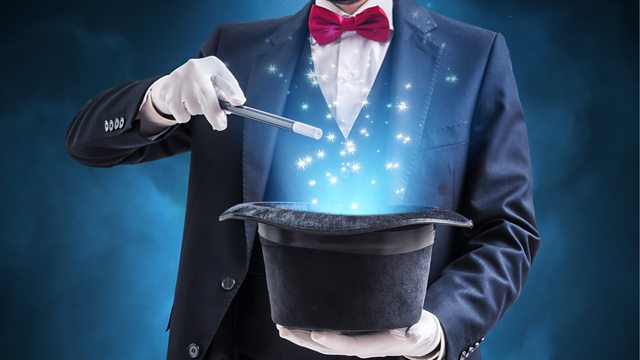The Spellbinding World of Magic: Exploring the Mysteries of the Unknown
Are you fascinated by the unknown? Do you love to delve into the mysteries of life that science has not yet been able to explain? If yes, then magic may be just the thing you need to explore. Magic is an ancient art form that has been passed down through generations, captivating audiences with its illusions and enchantments. It has the power to make you believe in the impossible, and its practitioners are revered for their ability to create wonder and awe.
But what exactly is magic, and how does it work? To understand this, we need to look at the different types of magic that exist. The two main types are stage magic and real magic.
Stage magic, also known as illusion magic, is the type of magic that is performed on stage or in front of an audience. It involves the use of props, such as cards, coins, and rabbits, to create illusions that appear to be real. The goal of stage magic is to entertain and amaze the audience, and it requires a great deal of skill and practice to master.
Real magic, on the other hand, is a type of magic that is often associated with the supernatural. It is the type of magic that is believed to have actual power and can be used to achieve real-world results. This type of magic is often associated with witches, wizards, and other practitioners of the occult.
Despite the differences between stage magic and real magic, both types share some common elements. For example, both types rely heavily on misdirection, the art of distracting the audience's attention to create the illusion of magic. Misdirection is often achieved through the use of sleight of hand, the art of manipulating objects in a way that is invisible to the audience.
Another common element of magic is the use of psychology. Magicians are experts at reading people's body language and manipulating their thoughts and emotions to create the illusion of magic. They use techniques such as suggestion and hypnosis to make people believe in the impossible.
But perhaps the most important element of magic is the belief of the audience. Without belief, magic would be nothing more than a simple trick. It is the audience's willingness to suspend their disbelief and enter into the world of magic that makes it possible for magicians to create wonder and amazement.
So, how can you become a magician? The first step is to practice, practice, practice. Magic requires a great deal of skill and practice to master, and even the simplest tricks can take years to perfect. You can start by learning some basic card tricks or coin tricks and then move on to more complex illusions as your skills improve.
Another important aspect of becoming a magician is the ability to perform in front of an audience. This requires confidence, showmanship, and an understanding of how to engage and entertain your audience. It also involves the ability to think on your feet and adapt to unexpected situations.
In addition to practice and performance skills, it is important for magicians to have a deep understanding of the history and theory of magic. This includes studying the works of famous magicians such as Harry Houdini, David Copperfield, and Penn & Teller, as well as learning about the different types of magic and their cultural and historical significance.
While magic can be a thrilling and enchanting art form, it is important to remember that it is just that – an art form. It is not real magic or supernatural power, and any claims of such should be approached with skepticism. But even as an art form, magic has the power to inspire, entertain, and captivate audiences, making it a truly spellbinding world to explore.
Labels: Interesting, science, Technology


0 Comments:
Post a Comment
Subscribe to Post Comments [Atom]
<< Home